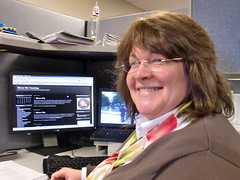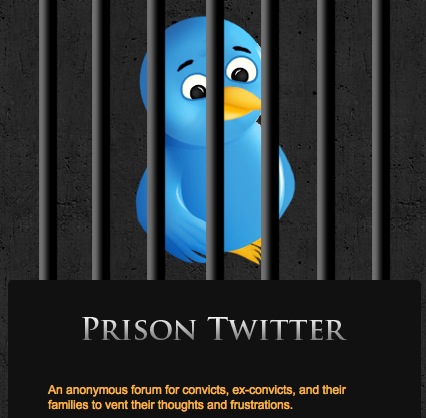This list — by John Naughton– is pretty good. If one of the Learfield Grown-ups came into my office and asked, “So, what do I need to know about this internet thing? Keep it to 10 things or less.”, I’d send him this article. Here are just a few nuggets. I encourage you to read and bookmark the page.
“We’re living through a radical transformation of our communications environment. Since we don’t have the benefit of hindsight, we don’t really know where it’s taking us. And one thing we’ve learned from the history of communications technology is that people tend to overestimate the short-term impact of new technologies — and to underestimate their long-term implications.”
“The trouble is, though, that everybody affected by the net is demanding an answer right now. Print journalists and their employers want to know what’s going to happen to their industry. Likewise the music business, publishers, television networks, radio stations, government departments, travel agents, universities, telcos, airlines, libraries and lots of others. The sad truth is that they will all have to learn to be patient. And, for some of them, by the time we know the answers to their questions, it will be too late.”
“HUXLEY AND ORWELL ARE THE BOOKENDS OF OUR FUTURE — Aldous Huxley believed that we would be destroyed by the things we love, while George Orwell thought we would be destroyed by the things we fear.”
As a tool for a totalitarian government interested in the behaviour, social activities and thought-process of its subjects, the internet is just about perfect.
“Copying is to computers as breathing is to living organisms.”
These snippits make the article seem more negative than it is. That probably says more about me than the list. I especially liked the survey asking folks in the German city of Mainz (in 1472) what they thought about the implications of Gutenberg’s printing press.

 Three years ago I helped my friend LeAnn McCarthy set up a blog to help with her communications efforts as Public Information Officer for the Missouri Gaming Commission.
Three years ago I helped my friend LeAnn McCarthy set up a blog to help with her communications efforts as Public Information Officer for the Missouri Gaming Commission.
